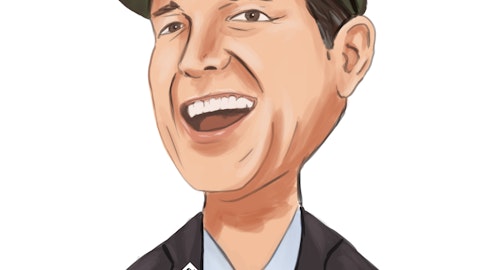In this article we take a look at the 10 States with the Cheapest Health Insurance. Click to skip ahead and jump to the 5 States with the Cheapest Health Insurance
The states with the cheapest health insurance – one hot question in 2020. Since the pandemic arose, health care and health insurance statistics are one of the main topics of debate and concern.
Right now, six states have an alarming over 12% uninsured population. The last US census data collected in 2019 for the 2018 period concluded that basically one in 8 Americans in the states of Alaska, Florida, Georgia, Mississippi, Oklahoma, and Texas has no health insurance coverage at all. And it looks like a constant, as the same uninsured rate by state was valid for an eleven-year span from 2008 to 2018 including. The average US uninsured rate is set at 8.9%.
Most discrepancies in the uninsured categories rang amongst: marital status 15% for the not married opposed to 7.6% in the married category; race – Hispanic population 16.2%, opposed to white non-Hispanic 5.2%, Black 9.6% and Asian 6.2%; and most curios deviation is in the Income-to-Poverty Ratio, looks like the first category, below 100% of poverty is the least insured, hitting a 15.9% high, compared to 11.3% and 3% for the last 2 categories.
Several of the largest insurance companies in America, provide different health insurance coverages and programs in the country. UnitedHealth (NYSE:UNH), Kaiser Foundation and Anthem (NYSE:ANTM) are the main players in the health insurance domain. While it is United Health that commands over 14% of the total market share, which indeed is a large chunk of the industry.
Healthcare in the US has always been expensive and was increasing faster than the wages were growing even prior to the COVID 19 era. According to a Gallup 2019 poll healthcare costs were already the main concern among Americans, ranking higher than low wages, college expenses, or housing costs. Even so, 64% of Americans stated that they are “completely” or “mostly” satisfied with the medical services. With the hectic pandemic situation, we can only guess what the average American “satisfaction” with health care will be after this historical turning point.

designer491/Shutterstock.com
These data from quick polls have invaded online and though quite curious, these remain mere phone surveys of about 1,000 interviewers. An example of the outdated data you’ll surely stumble upon is the approximate $4,700 yearly average for Hawaii ($4,900 according to our source report), stated as the cheapest health insurance state and some $8,300-$8,500 as highest for New Hampshire. While this was true until 2017, 2018 changed the game completely, throwing the long time leader Hawaii to number 3 in our 10 states with the cheapest health insurance rating and setting Minnesota as the new most expensive healthcare state, with an $8,666 yearly average.
Here at Insider Monkey, we go above and beyond to get the newest, fullest, and most accurate data so you can get a clear picture of any subject. Be sure, you are in the right place. We browsed and analyzed several survey sources and rested for the most recent and extensive average health insurance premiums by state 2019 Commonwealth Fund report. The study conducted by professional researchers Sara Collins and David Radley on a scale of 40,000 private sector employers has calculated each state’s average premiums, considered average deductibles as well as the amounts paid by the beneficiary of the healthcare services before the insurer picks up the tab. The study timespan is a bit over a decade from 2008 to 2018 and included all types of health insurance plans. Private health care is not the only option in the US, coexisting along with six major government healthcare programs, of which the largest being Medicare and Medicaid, yet it remains the primary health coverage option of 2/3 of the Americans. In the Commonwealth Fund report, private health insurance covered 68% of respondents, employment-based insurance subtype at the time of interview scored 55.4%. The highest growth rates along this interval were shared by Minessota and Rhode Island, while the lowest one was set at 3.5% in New Mexico.
But here’s good news, we have a great inspiration guide for you, our 11 Jobs with Great Health Insurance Benefits without a Degree article if you are looking to tap the insurance market.
Without further ado, here we go with the 10 States with the cheapest health insurance countdown.
10. Utah
Utah had a 2018 average employee cost, premium contribution on deductible of $6,777, with a decade 2008-2018 average 6.1% growth. All this at an annual median wage (the limit between the amount earned by 50% of lowest paid and 50% of highest-paid workers in a particular job or industry occupation) of $36,790, average earnings of $54,075, and a mean wage ( the average wage received by employees for the same work performed during a given period of time, determined by adding together all of the wages of employees in a specific job or industry and dividing the total amount by the number of employees) of $47,920.

Kiseleva Vladislava/Shutterstock.com





